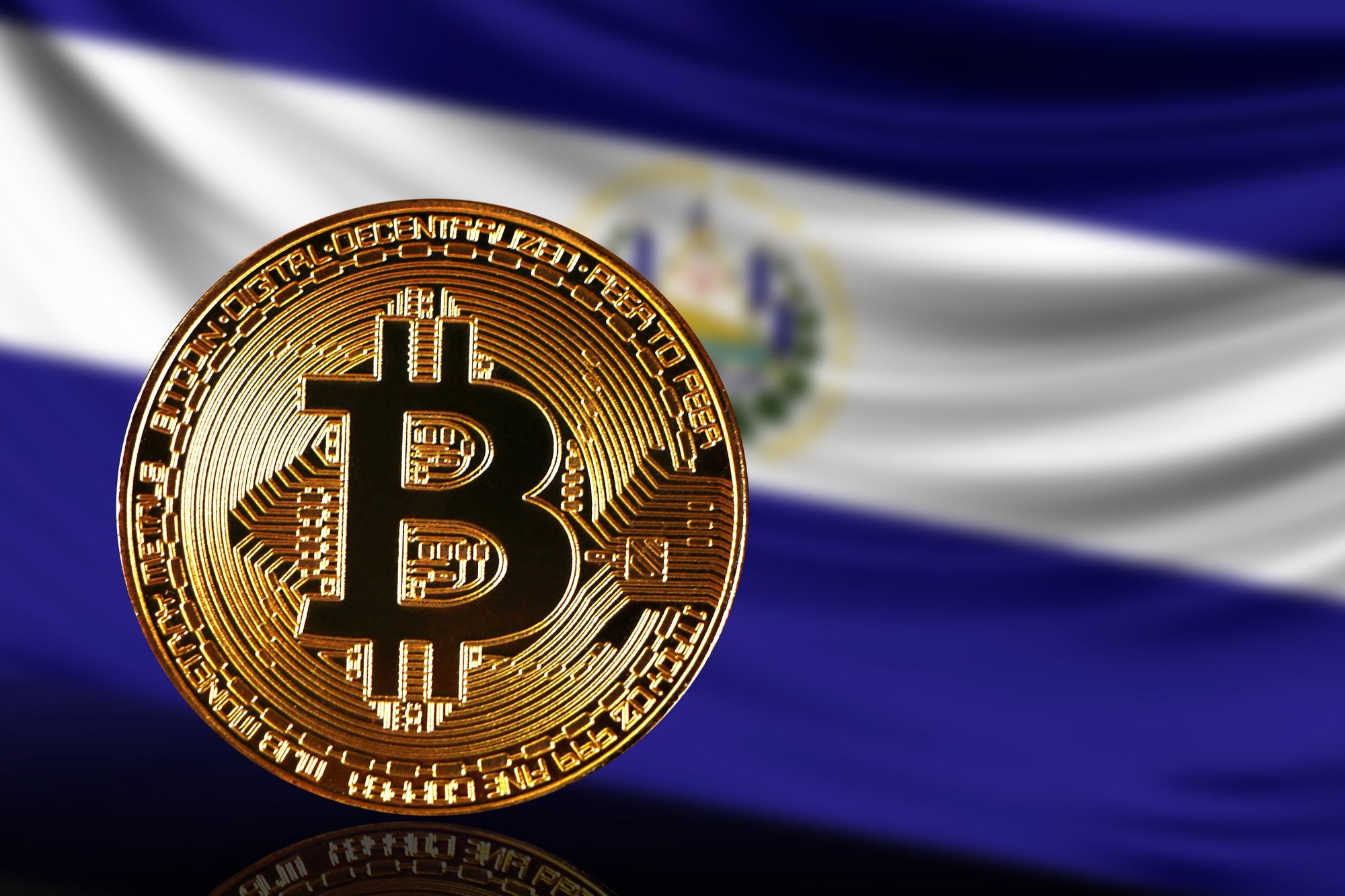El Salvador Tweaks Bitcoin Law for IMF Deal but Stays Committed to Crypto
30.01.2025 14:00 1 min. read Alexander Zdravkov
El Salvador’s Bitcoin policies continue evolving as President Nayib Bukele amends the country’s crypto law to align with IMF requirements.
The reform, swiftly passed by Congress, clarifies that businesses are not required to accept BTC while maintaining its legal tender status—part of a $1.4 billion loan agreement with the IMF.
Despite this adjustment, El Salvador remains committed to Bitcoin, continuing to accumulate BTC as part of its financial strategy.
Globally, institutions like the Czech National Bank are considering Bitcoin reserves, while U.S. Senator Cynthia Lummis pushes for a national Bitcoin reserve plan.
Meanwhile, Bukele mocked former U.S. Senator Bob Menendez, convicted of bribery, for previously accusing El Salvador of using Bitcoin for corruption.
With Bukele securing a second term, the country’s pro-Bitcoin stance remains firm, with ongoing investments in crypto infrastructure and Bitcoin bonds.
-
1
Arizona Governor Vetoes Bill, Related to State Crypto Reserve Fund: Here Is Why
02.07.2025 16:00 2 min. read -
2
Bitcoin: Is the Cycle Top In and How to Spot It?
09.07.2025 16:00 2 min. read -
3
Crypto Inflows hit $1B Last Week as Ethereum Outshines Bitcoin in Investor Sentiment
07.07.2025 20:30 2 min. read -
4
Public Companies Outpace ETFs in Bitcoin Buying: Here is What You Need to Know
02.07.2025 12:30 2 min. read -
5
Robert Kiyosaki Buys More Bitcoin, Says He’d Rather Be a ‘Sucker Than a Loser’
02.07.2025 22:00 1 min. read
IMF Disputes El Salvador’s Bitcoin Purchases, Cites Asset Consolidation
A new report from the International Monetary Fund (IMF) suggests that El Salvador’s recent Bitcoin accumulation may not stem from ongoing purchases, but rather from a reshuffling of assets across government-controlled wallets.
Ethereum Sparks Altcoin Season as FOMO Shifts Away From Bitcoin
Traders are rapidly shifting their focus to Ethereum and altcoins after Bitcoin’s recent all-time high triggered widespread retail FOMO.
BSTR to Launch With 30,021 BTC, Becomes 4th Largest Public Bitcoin Holder
BSTR Holdings Inc. is set to become the fourth-largest public holder of Bitcoin, announcing it will launch with 30,021 BTC on its balance sheet as part of its public debut.
Altcoins Gain Momentum as Bitcoin Dominance Drops to 61.6%
The cryptocurrency market is experiencing a notable shift in capital flows as Bitcoin’s market dominance has dropped to 61.6%, marking a 2.36% decrease.
-
1
Arizona Governor Vetoes Bill, Related to State Crypto Reserve Fund: Here Is Why
02.07.2025 16:00 2 min. read -
2
Bitcoin: Is the Cycle Top In and How to Spot It?
09.07.2025 16:00 2 min. read -
3
Crypto Inflows hit $1B Last Week as Ethereum Outshines Bitcoin in Investor Sentiment
07.07.2025 20:30 2 min. read -
4
Public Companies Outpace ETFs in Bitcoin Buying: Here is What You Need to Know
02.07.2025 12:30 2 min. read -
5
Robert Kiyosaki Buys More Bitcoin, Says He’d Rather Be a ‘Sucker Than a Loser’
02.07.2025 22:00 1 min. read


